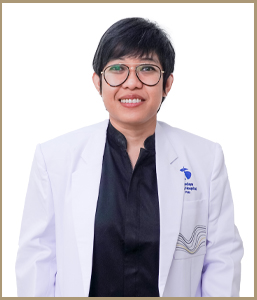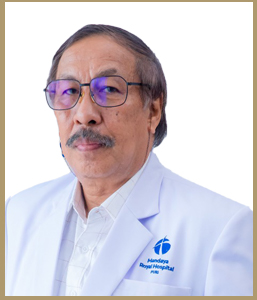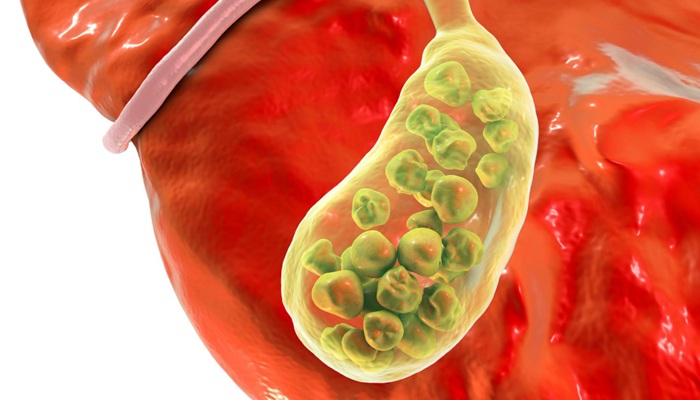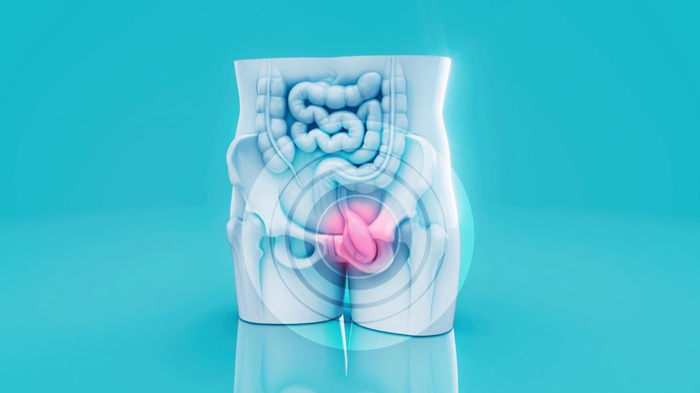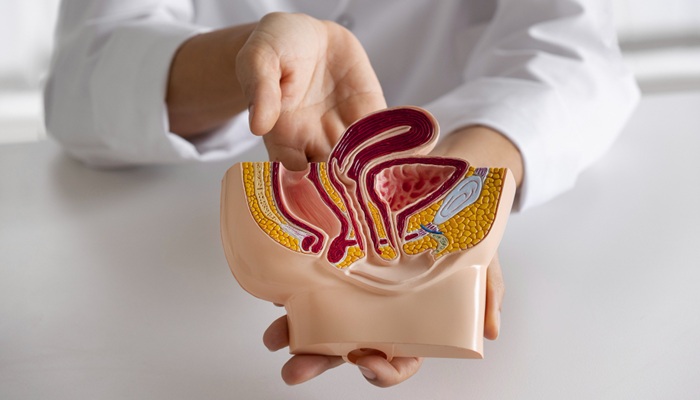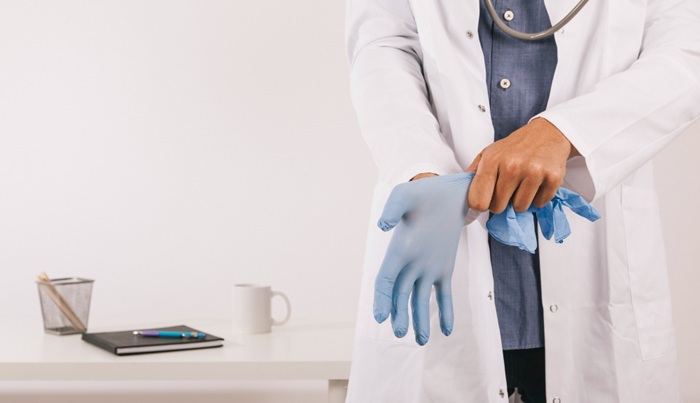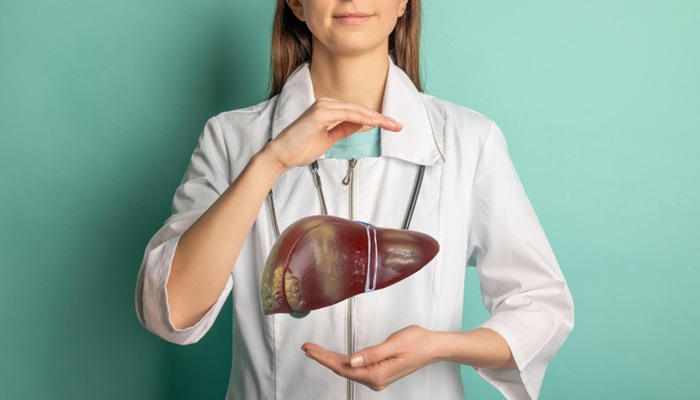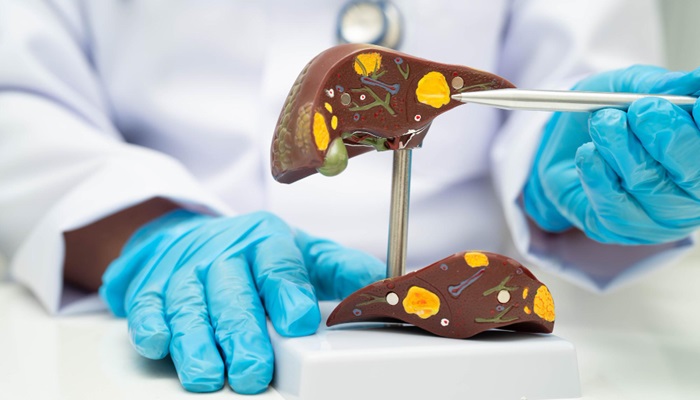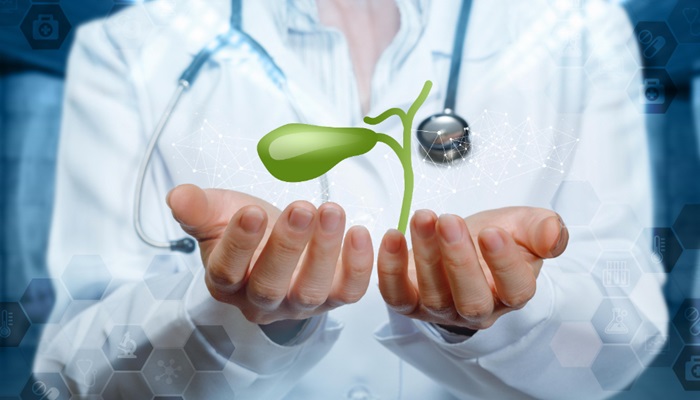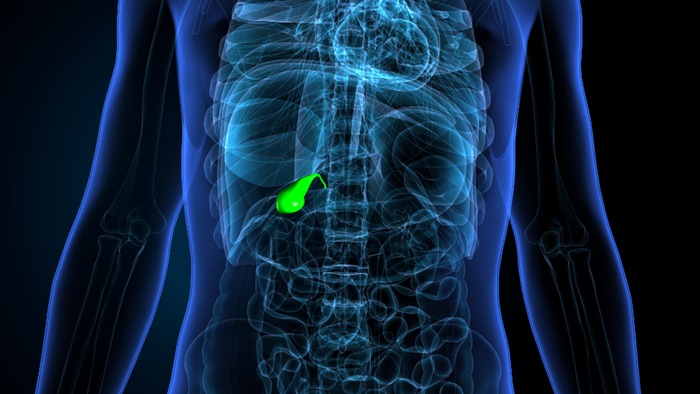What is stomach cancer?
Stomach cancer is a condition in which cancer cells grow uncontrollably in the stomach. The stomach is an organ located in the upper middle part of the abdomen, just below the ribs. Its function is to help break down and digest food.
Stomach cancer can occur in any part of the stomach. However, in most cases, it develops in the main part of the stomach, known as the body of the stomach.
About 95% of stomach cancer cases begin in the stomach lining and develop slowly. If left untreated, the cancer can form a mass (tumor) and grow deeper into the stomach wall. The tumor can spread to nearby organs such as the liver and pancreas.
Types of stomach cancer
Stomach cancer is categorized based on the type of cells where the cancer originates:
-
Adenocarcinoma
Adenocarcinoma begins in the cells that produce mucus. It is the most common type of stomach cancer. Nearly all stomach cancers are adenocarcinomas.
-
Gastrointestinal stromal tumors (GIST)
GIST originates in specialized nerve cells found in the wall of the stomach and other digestive organs. GIST is a type of soft tissue sarcoma.
-
Carcinoid tumors
Carcinoid tumors are cancers that originate in neuroendocrine cells. These cells are found throughout the body and have some nerve cell functions and hormone-producing functions. Carcinoid tumors are a type of neuroendocrine tumor.
-
Lymphoma
Lymphoma is cancer that begins in immune system cells. Lymphoma can sometimes start in the stomach if the body sends immune cells there to fight infection. Most stomach lymphomas are non-Hodgkin lymphoma types.
Symptoms of stomach cancer
Signs and symptoms of stomach cancer may include:
- Difficulty swallowing
- Abdominal pain
- Feeling bloated after eating
- Feeling full even after eating small amounts
- Lack of appetite when you normally would be hungry
- Heartburn
- Indigestion
- Nausea
- Vomiting
- Unexplained weight loss
- Extreme fatigue
- Black-colored stool
Stomach cancer may not cause symptoms in the early stages. If symptoms do appear, they often include indigestion and upper abdominal pain. Symptoms might not show until the cancer has advanced.
In the later stages, symptoms can include extreme fatigue, weight loss, vomiting blood, and black stool.
Causes of stomach cancer
Anyone can develop stomach cancer. The exact cause is not clearly known.
However, several factors may increase the risk, such as:
- Being over 50 years old
- Being male
- Having a long-term infection caused by Helicobacter pylori (H. pylori)
- Having certain stomach conditions, such as severe and long-term acid reflux or gastritis
- A family history of stomach cancer
Diagnosing stomach cancer
Tests and procedures used to diagnose and detect stomach cancer include:
-
Endoscopy
To look for signs of cancer, a doctor may use a small camera to view the inside of the stomach. This procedure is called upper endoscopy. A thin tube with a small camera is inserted through the throat and guided into the stomach.
-
Biopsy
If something in the stomach appears suspicious, a tissue sample may be taken for testing. This procedure is called a biopsy and can be done during an endoscopy. Special instruments are inserted through the tube to collect the tissue sample, which is then sent to a lab for analysis.
Stomach cancer treatment
Here are some treatment options for stomach cancer that doctors may recommend:
-
Surgery
Treatment depends on whether the cancer can be surgically removed. If it cannot be removed, doctors may recommend surgery to help control some symptoms of stomach cancer.
-
Chemotherapy
Chemotherapy is a type of cancer treatment that uses special drugs to kill cancer cells.
-
Radiation therapy
Radiation therapy uses high-energy radiation to destroy cancer cells in the patient’s body.
-
Targeted therapy and immunotherapy
Targeted therapy aims to stop the growth of cancer cells. Immunotherapy uses medications to help the immune system kill cancer cells.
Visit the Integrated Cancer Center at Mandaya Royal Hospital Puri. Our hospital is equipped with modern medical technology to treat various types of cancer. In addition, Mandaya Puri Hospital has a multidisciplinary team of specialist doctors experienced in handling cancer cases.
Use the chat feature via WhatsApp, Book Appointment, or the Care Dokter app—available on Google Play and the App Store—to make your visit easier, check queue numbers, and get complete information.



